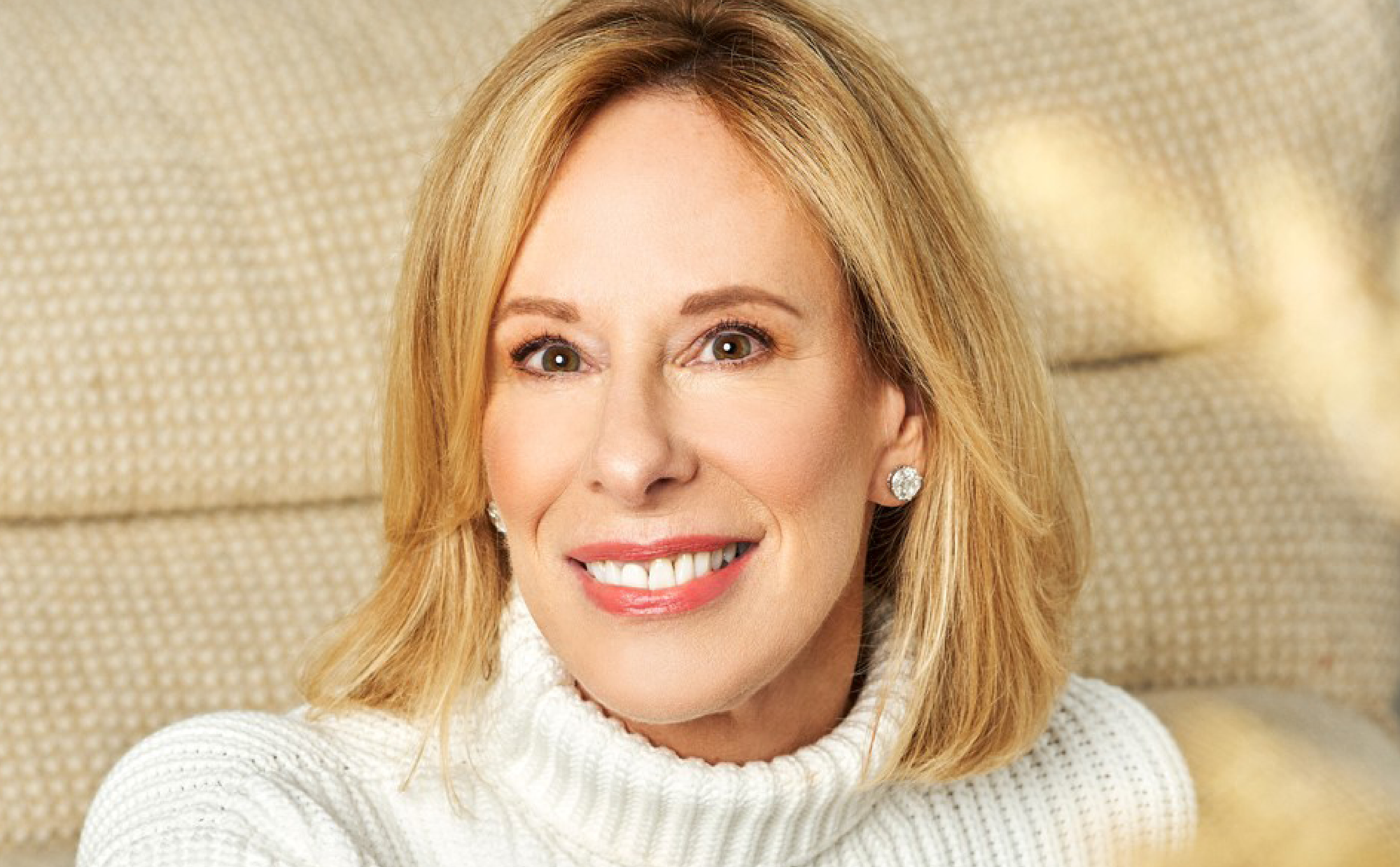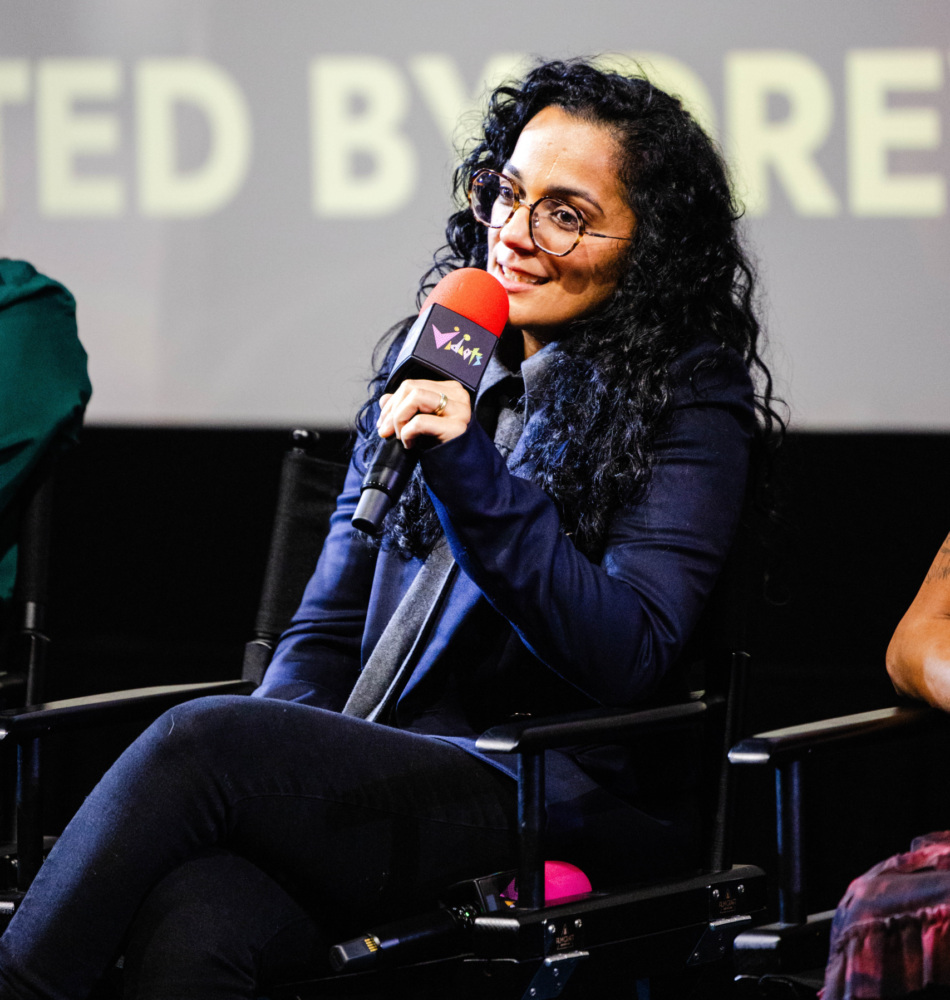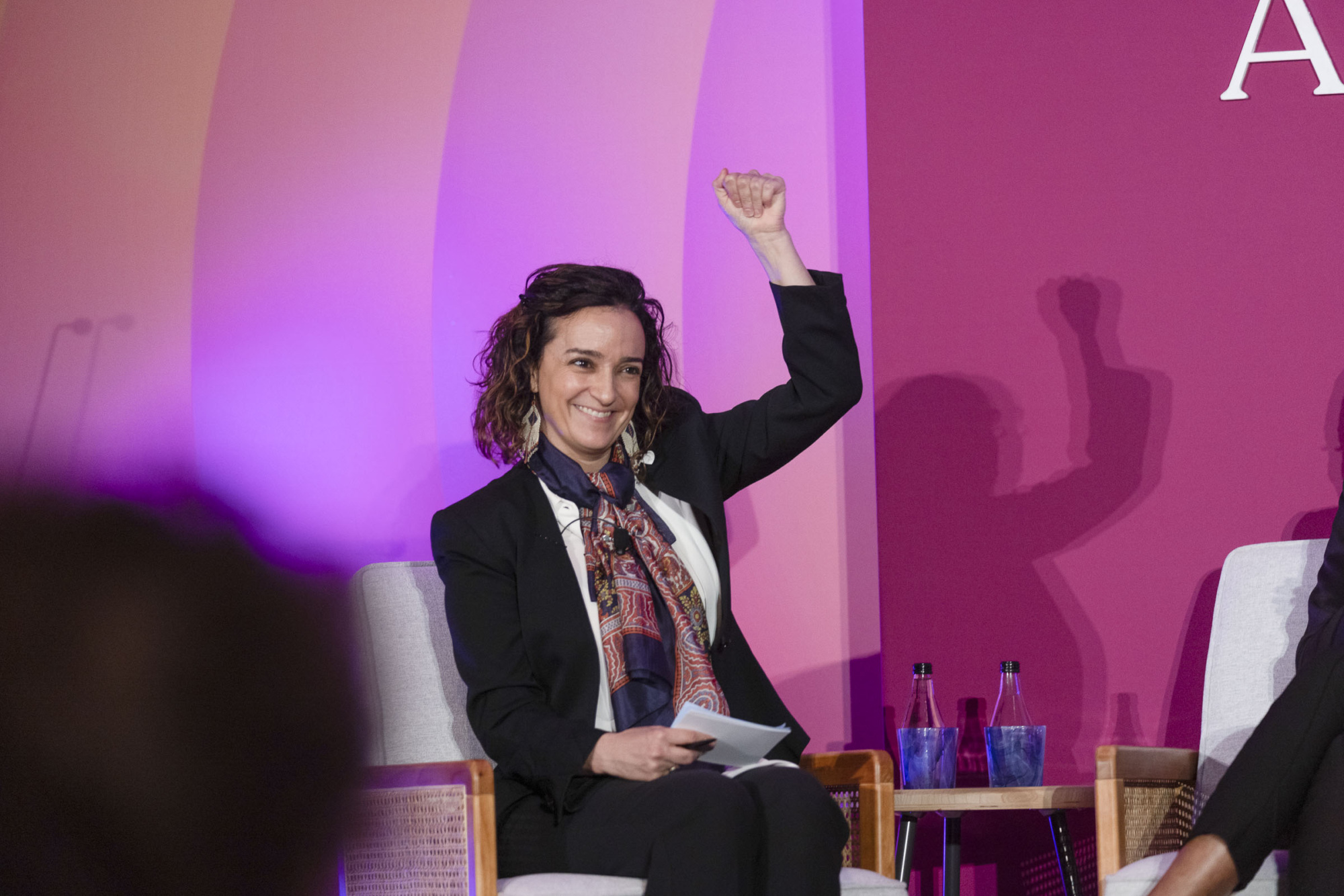Sandi Treliving | Vancouver, British Columbia
Tell us about yourself and your philanthropy journey.
To understand how I got here, I’ll give you a brief glimpse into the evolution of my involvement with mental health.
Growing up, I had an older brother with schizophrenia. I saw and experienced firsthand what it was like for a family to be profoundly affected by mental illness. Despite our loving family with access to the resources available at the time, there were phases that were extremely challenging on each of us in a unique way.
As I grew older and became more involved in various philanthropic endeavors, I kept coming back to mental health because I relate so strongly to this cause and have lived through its impact on our communities.
When my husband and I decided to become involved with the Centre for Addiction and Mental Health, (CAMH), Canada’s leading mental health research hospital, the outpouring of interest and support from within our network solidified that we were on the right track. The more we learn about the disparities in access to mental health research and care, the more passionate we become to work tirelessly towards a better and healthier future.
What made you decide to focus on the mental wellbeing of women and girls?
Humanity is experiencing a mental health crisis and the numbers are staggering — almost half a billion people globally struggle with mental illness, and fewer than half of those affected have access to adequate care despite known effective treatments.
When it comes to our focus on the mental wellbeing of women, it really hits home. Between my husband, Jim, and I, we have two daughters, two daughters-in-law, six granddaughters, and one great-granddaughter. Women’s health research is underfunded, underrepresented, and is overall lagging within the field of mental health.
Across the world, women experience depression, anxiety, dementia, and trauma to a far greater extent than men. Many treatments used today have been disproportionately tested on men and not equitably studied on women — even male lab mice can outnumber female mice five to one. As a result, we know so much less about female physiology than male physiology. At the same time, women in science face biases as they work to advance their careers.
COVID-19 has magnified the disproportionate burdens women face daily: lack of childcare, limited access to healthcare services, workplace inequities, physical abuse — the list goes on. Lengthy lockdowns also amplified existing mental health issues for many — anxiety and depression are at an all-time high. This is why the time for womenmind is now.
Tell us about womenmind.
I’ve been a director on the board of the CAMH Foundation since 2014 and am proud to be a founding member, along with my family, of womenmind. This is a community of philanthropists and thought leaders committed to increasing awareness about girls’ and women’s mental health, reducing the gender gap in mental health, recruiting and advancing female scientists, and supporting groundbreaking discoveries in the field of mental health. It’s an initiative of CAMH which plays an important role as a world leader in mental health by advancing care, research, teaching, learning, and policy development while bringing new knowledge from the bench to the bedside, allowing for the kind of innovation and discovery that will fuel better outcomes, save lives, and create a better future for women and girls. womenmind will elevate underrepresented voices and promote diverse perspectives, close existing gaps in care, and achieve better mental health care and outcomes that will have a positive impact on women’s health and advancement in North America and beyond.
What has womenmind accomplished thus far?
Since launching in March 2020, just before the pandemic, womenmind has already achieved several significant milestones: we’ve recruited the first-ever womenmind family scientist specializing in women’s mental health and launched a seed funding competition with awards going to support three women researchers whose fields of study focus on new clinical tools to treat depression, women and nicotine addiction, and safer, more effective use of benzodiazepines by women. womenmind also developed a mentorship program for women scientists to provide training and skill development and created the first-ever Family Chair in Women’s Mental Health in conjunction with the University of Toronto. We plan to host an annual global research symposium, which will share leading-edge research, spur new collaborations, and help build an international community of experts in women’s mental health.
How will womenmind create a better future for women and girls?
The world will be addressing the mental health implications of this pandemic for years to come, and women need to be leading the response. I believe womenmind will be at the forefront of this movement: hiring women researchers, developing mentorship programs for junior scientists, and helping to evolve women’s careers in the mental health world so that underrepresented people everywhere can get the care they need. These initiatives will support women to become leaders in mental health, create opportunities for career advancement, and create a better world for women.
Tell us about the intergenerational aspect of your philanthropic efforts with womenmind.
The women in my family have been an integral part of launching womenmind, which is all about women supporting other women: mothers supporting their daughters, granddaughters supporting their grandmothers, and so on. Instead of waiting for a solution, we as women can create it together, for each other. We approached the women in our family and asked them, “Is this a cause you can get behind?” Their response was overwhelmingly positive and has made the whole experience of launching womenmind that much more meaningful. We all want to leave a legacy our children and grandchildren can be proud of. I truly believe that when we work together as women, we can make incredible things happen. I’m inspired by the words of the anthropologist Margaret Mead, who said: “Never underestimate the power of a small group of committed people to change the world. In fact, it is the only thing that ever has.”
What energizes you about being part of the WMM community?
The women in this community inspire me each and every day because of the work they are doing to create a more equitable world. I don’t personally know most of them, and yet when I read about the work they are doing, they feel like sisters-in-arms. I know they also inspire my daughter, Kate Borger, a WMM Next Generation member, as well. They are women who want to live boldly and give boldly, as do I. I am honoured to be among these powerful changemakers who are determined to make the world a better place for women and girls.
Photographer: Mark Tiu


